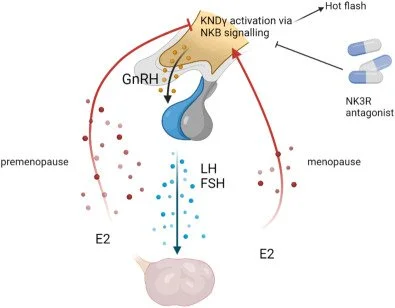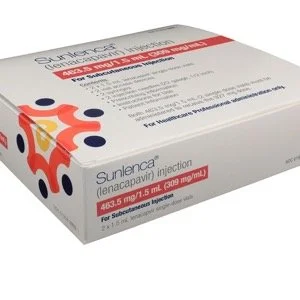January 2025
Dear Ally Primary Care Family,
As we close out this year, I want to take a moment to reflect on the journey we’ve shared and to thank you for placing your trust in our clinic. It’s been an honor to partner with you in caring for your health and well-being. Your resilience and commitment to prioritizing your health inspire us every day.
This year has not been without its challenges. The broader political and social climate has brought uncertainty and stress for many, and it’s natural to feel the weight of these times. I want you to know that these feelings are valid, and you are not alone in facing them. Our clinic remains steadfast in our commitment to providing a safe, supportive space where you can focus on what matters most: your health.
Despite the difficulties, we’ve also witnessed moments of connection, kindness, and perseverance within our community. These bright spots remind us of the strength we have when we support one another. As we look ahead to a new year, we are filled with hope—hope for continued progress, healing, and the opportunity to deepen our partnership with each of you.
Thank you for allowing us to be a part of your journey. We are here for you and look forward to serving you in the year to come.
Wishing you a healthy and hopeful new year,
Jeremy Neuman, MD
Healthy Plant Fat
The impact of dietary fat on long-term health has attracted substantial research interest. In a study that tracked people's food intake from 1995 to 2019, the replacement of 5% energy from animal fat with 5% energy from plant fat, fat from grains, or vegetable oils was associated with a lower risk for mortality. They found a 4% to 24% reduction in overall mortality and a 5% to 30% reduction in cardiovascular disease (CVD) mortality.
Dr. Neuman says: "My favorite sources of plant fat are pictured above: mixed nuts, avocados, and castelvetrano olives."
New Medication Class for Menopause Symptoms
A new class of medications offers relief for menopause symptoms by targeting Neurokinin 3, a brain signal responsible for hot flashes. This provides an alternative to traditional hormone replacement therapy (HRT) or antidepressants.
HRT, using estrogen and progesterone, effectively treats hot flashes, mood changes, sleep issues, and other menopausal symptoms while reducing fracture risk. However, it carries an increased risk of blood clots and stroke, though these risks are lower in younger or recently post-menopausal women. For those avoiding HRT due to risks or side effects like bloating and mood changes, antidepressants have been an option, though less effective and sometimes causing stomach irritation.
Fezolinetant (Veozah), introduced last year by Astellas Pharma, was the first drug in this new class and has shown promising results. Bayer’s elinzanetant, which blocks both Neurokinin 1 and Neurokinin 3, has also demonstrated excellent efficacy for hot flashes and insomnia in recent studies. Side effects of fezolinetant include abdominal pain in 4% of users, while elinzanetant’s side effects include headache and fatigue in about 5% more participants than placebo. Mild, transient liver damage was observed in some fezolinetant users but not with elinzanetant.
Coming soon: Twice-Yearly HIV PrEP Injections
Exciting advancements are on the horizon for HIV prevention. PrEP (Pre-Exposure Prophylaxis) has been a game-changer, offering three options: daily or on-demand pills, and monthly or bimonthly injections. While effective, daily pills can be challenging for some to maintain, and all methods can be costly.
A new solution is coming soon. Recent data from a landmark study show that twice-yearly lenacapavir injections significantly reduce HIV acquisition rates. In the study, the rate dropped from 2.37 per 100 people annually to just 0.10 with the injections, compared to 0.93 with daily pills. No major side effects were reported, and only 1.2% discontinued due to minor skin reactions at the injection site. This research focused on cisgender men and gender-diverse individuals, complementing earlier findings in 2024 confirming safety and effectiveness for cisgender women.
Dr. Neuman says: "This medication is already used for HIV treatment and now offers hope for prevention. Gilead, its manufacturer, recently applied for FDA approval, and we anticipate availability in 2025. However, with an annual treatment cost of $44,819, insurance coverage or a robust patient assistance program will be essential."




